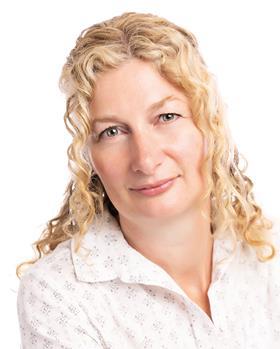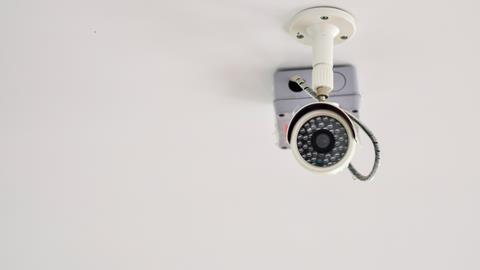Have you ever felt as though you are being watched? Well, that is because you are.

It is well known that the UK has more CCTV cameras than most other western countries. It is hard to know the precise number, as the vast majority are privately owned. But one estimate from 2020 put the figure at 5.2m – which is one camera for every 13 people in the UK.
That is not hard to believe – and given the proliferation of doorbell cameras in the past few years, the true figure is probably even higher. Once you start noticing them, you realise they are everywhere. And if you want to know what all these cameras are capturing, you only need look at your local Facebook or WhatsApp group. Scroll for a minute or so, and you are sure to encounter some grainy footage a resident has posted of a dubious-looking character who has been rifling through the contents of their car during the night. This footage will not just include the resident’s own driveway. The camera’s range often extends to the pavement outside their house, the road, and even the front door of the house opposite. This does not breach any laws: the Information Commissioner’s Office concedes that it is not always practical for footage to be restricted to a homeowner’s own boundary. Indeed, it more or less acknowledges that if you complain about a neighbour’s camera, it is not going to take much action.
Despite the ubiquity of CCTV, petty crime is still a UK growth sector. In particular, we are in the grip of a shoplifting epidemic, with retailers complaining that crime is soaring because the police rarely bother to come out and arrest anyone for it. The Co-op has warned that crime is so high in some places that they are at risk of becoming ‘no-go areas’ for retailers; and shoplifting has effectively become a 6p ‘transaction tax’ on every purchase made by paying customers.
So it is against this backdrop that policing minister Chris Philp dropped a civil liberties bombshell at the Conservative party conference last week, when he revealed his desire to ramp up the deployment of advanced facial recognition technology to catch these criminals. Facial images captured on CCTV can already be cross-checked against the police national database, but this only holds the images of people who have been arrested. Philp wants to expand this so that images can be checked against photographs in the Home Office’s passport and immigration databases as well – a huge extension of the technology’s remit. The minister said there were no legal barriers preventing tens of millions of ID photos held by government from being used for crime detection. He said he wanted the police to be able to ‘press one button’ and ‘search it all’.
This is not just about CCTV images of crimes that have already been committed. The police already use live facial recognition cameras to scan people during events – with the biggest deployment of this so far being the King’s coronation in May. It seems clear that the government wants to put facial recognition technology at the heart of British policing.
So where is the problem? First, the use of this technology is being expanded without adequate controls over how and when it is used. Where are the safeguards to ensure that its use does not become oppressive, or facilitate discrimination, especially at a time when many people feel distrustful of the police?
Second, where is the public consent? Last time I applied for a passport, I dutifully uploaded my high-quality photograph – no smile, no shadows. I submitted that picture to the government to enable me to travel abroad. I absolutely was not consenting to the government adding that photo to a database that would allow it to scan a crowd in real time and find my face. Without wishing to get too Orwellian, the potential for a state to end up abusing that power is obvious.
The point about lack of consent and how this could damage public trust was also made by Professor Fraser Sampson, the UK’s independent biometrics and surveillance camera commissioner (BSCC), when asked what he thought of Philp’s proposal. Sampson has previously highlighted the ‘urgent need for better oversight and regulation’ of facial recognition technology. But worryingly, the BSCC role is set to be abolished by the government’s Data Protection and Digital Information Bill. It is unclear what will replace it.
Given the financial benefits of relying on surveillance footage as opposed to putting more bobbies on the beat, the use of this potentially intrusive technology seems unstoppable. It may well prove effective in stemming a surge in shoplifting that was at least in part caused by the police’s own failure to tackle that crime through traditional policing. But as for those video doorbell watchers, I would not hold out too much hope that they will see an end to dodgy characters loitering on their driveways during the night. The only difference will be that the criminals on their camera footage will now be wearing a mask.
Rachel Rothwell is editor of Gazette sister magazine Litigation Funding, the essential guide to finance and costs
For subscription details, tel: 020 8049 3890, or click here.
































8 Readers' comments